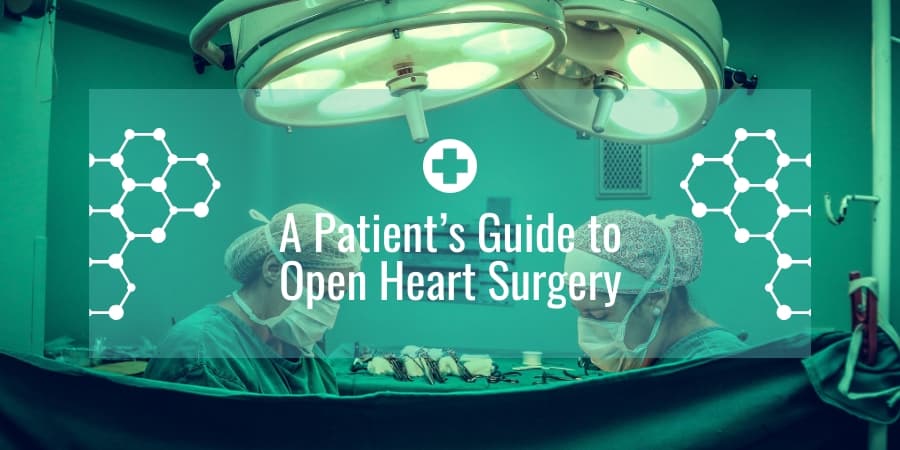Surgery that occurs when the chest is opened and when surgical procedures take place is referred to as open heart surgery. The term “open” most often refers to the opening in the chest, not particularly the heart itself. The heart may actually be opened in some cases, depending on the type of open heart surgery.
The term open heart surgery tends to cover a variety of surgical procedures. Some of these procedures include surgery on the heart muscle, arteries, valves or other structures located within the chest cavity. There is a gray area of the definition. Consequently, robotic-assisted heart surgery and minimally invasive surgery are commonly referred to open heart surgery as well.
During the open heart surgery procedure, a heart lung machine is usually used to provide oxygen rich blood to the brain area and the body’s other vital organs. The heart lung machine can easily pump, supply oxygen to and remove carbon dioxide from the blood. The machine can also assist in administering anesthesia to keep the patient asleep.
Some new surgical procedures can be done while the heart is beating. This type of open heart surgery is referred to as minimally invasive heart surgery. These kinds of procedures are still being evaluated at several medical centers.
While it is quite natural to feel a bit anxious and concerned about any surgical procedure, one may feel overwhelmed about facing open heart surgery. The more informed the patient and family can become the better for all parties involved. Knowing what to expect will ease the patient’s and family’s anxieties.
Most open heart surgery patients will be given pain medication every 4 hours after surgery. It can be expected that patients will also be encouraged to sit up in a chair the morning after open heart surgery. The quicker the patient can get up and get moving the better, so walking for short distances is also recommended. Care must be taken to move without hurting the chest area.
Food may not seem very appetizing to surgery patients. It may not even taste good for a while. Caffeine will generally be restricted to open heart surgery patients as well as salt and fat.
Most surgeons will advise their open heart surgery patients to refrain from driving for approximately 4 weeks. There may be some other doctor advised restrictions depending upon the type of open heart surgery, so it is advised for patients to consult with their doctor regularly.
